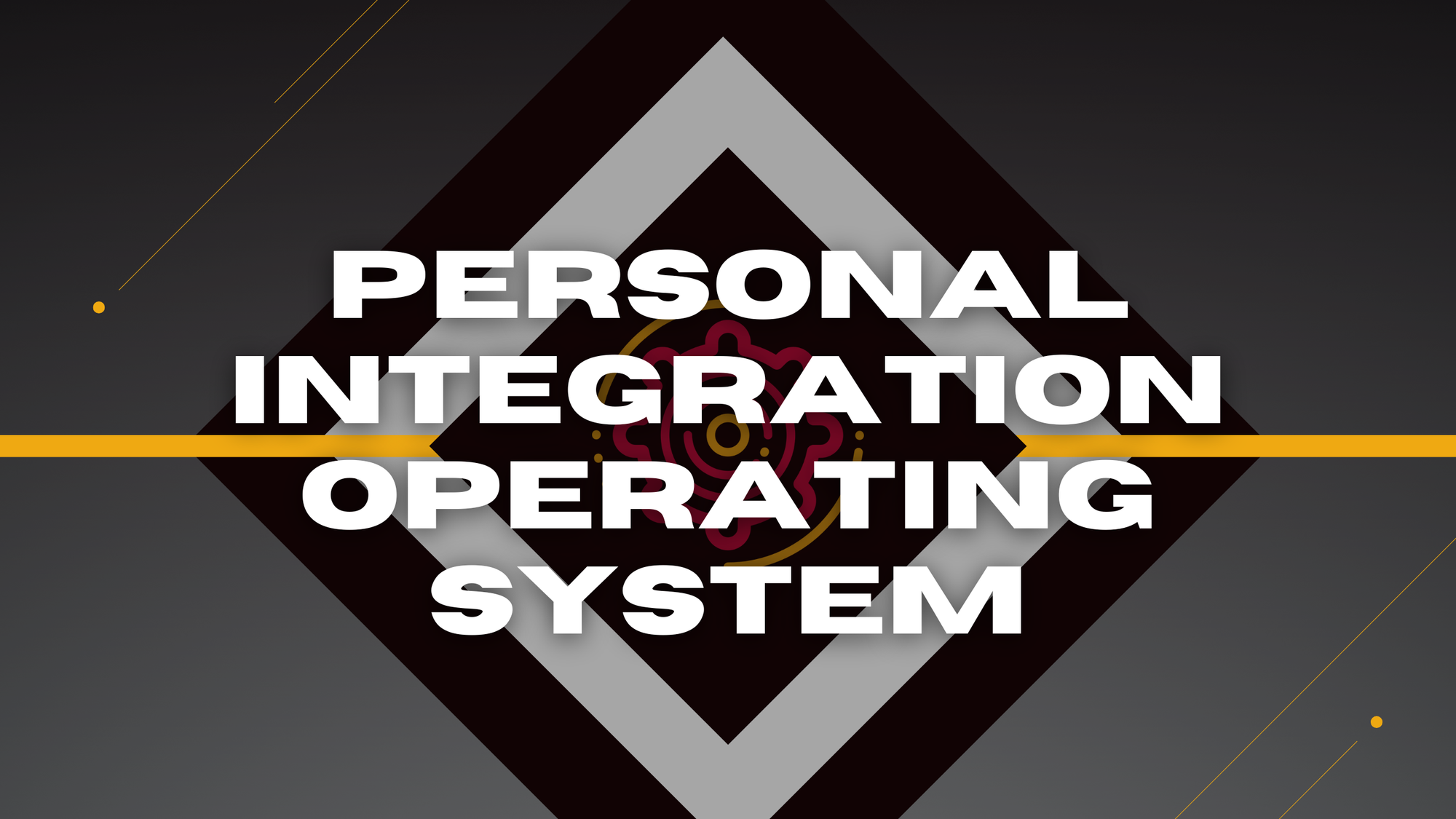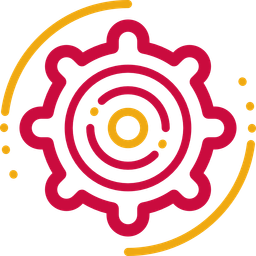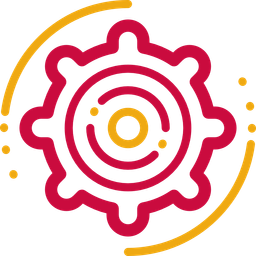Personal Integration Operating System
The PIOS, or Personal Integration Operating System, is a multi-faceted approach to life and lifelong learning. Creating a plan on all the layers of abstraction to your life, and cultivating success. Note I'll still mention "PolyInnovation Operating System" as that is what it used to be called too.
To live a polymathic life then you need a robust system to track and organize what you are doing. Which areas of knowledge you should focus on right now, and which ones should hold off to later.
I like to think of the PIOS as the first stepping stones towards having your own JARVIS like in Iron Man. As you need a system that is adaptable, scalable, and is tool agnostic. As JARVIS is an AI interface, but behind that is an information architecture database.
Meaning an assortment of information organized in a way to retrieve quickly, and be able to be used later on. While an AI might need to store information in one way, and a human being (you) in another way. There is no reason why we can't strive to achieve both.
The PIOS was created for the human use case, particularly the generalists out there, and with AI assistant in mind. This is the starting page for you to start your personal knowledge management journey!
To learn more about the PIOS, then sign up for the PIOS Update Newsletter, or read the posts here:
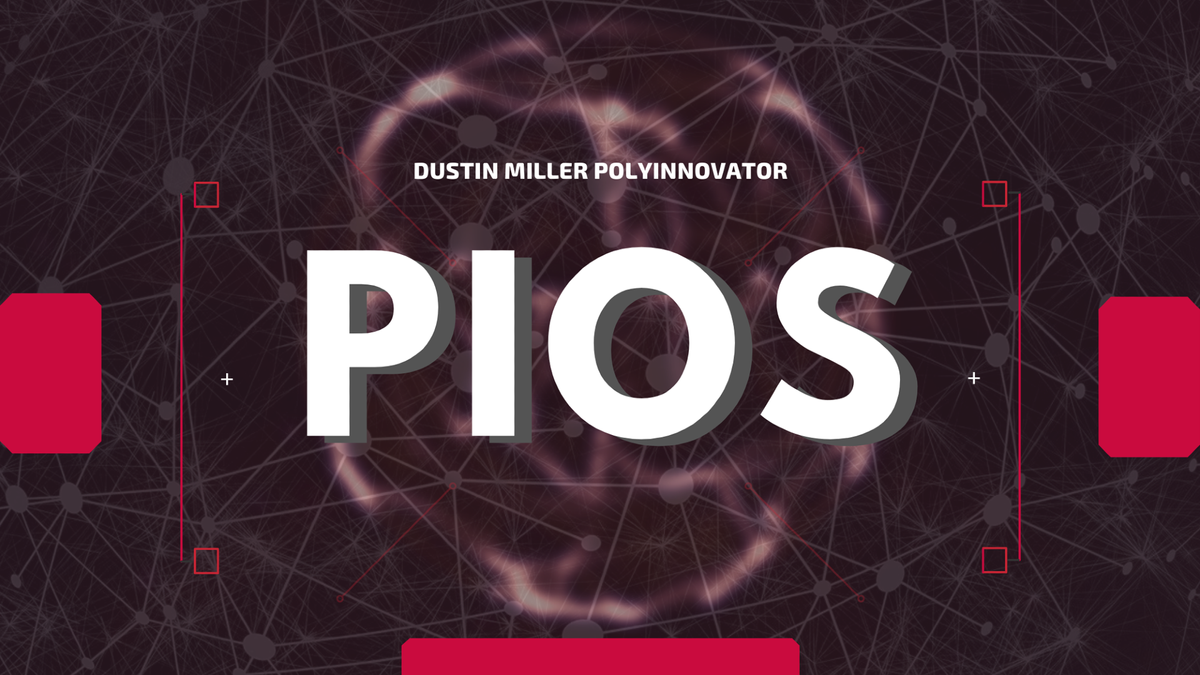

SCALE:
1 Yearly - Review + Planning
- Yearly Notes
- Phases
2 Quarterly - Four Pillars + Ikigai Alignment
- Body - Exercise Workout Plan
- Mind - Modular Degree
- Spirit - Meditation - Koans
- Emotions - EQ - Gratitude
- Ikigai - Alignment/Quarterly Notes
3 Monthly - Projects, Goals
- Now Page Updates = Monthly Notes
- Projects
- Goals
- Tasks
4 Weekly - Systems, Habits
- Weekly Planning Notes
- Habit Tracker
5 Daily - Content + Networking
- Daily Journal
- Content Ecosystem
- Networking Base
6 Archive + Templates
- Templates
- Notes
- AI Folders
Featured Polycast - Learn more about the PIOS:
When you are able to balance the various levels of abstraction to your life, then that is when you are going to start seeing more success!
Why Should you care?
This PIOS probably what brought you here in the first place. Most of my content I sneak in the philosophies, mindset, and various growth patterns. All of those come from this Personal Integration Operating System. Something I came up with over time, which has been over the past decade.
I started talking about the Four Pillars Philosophy back in 2011, and the do it yourself Modular Degree was the catalyst that started PolyInnovator. Not to mention all the habits and systems I had to form in order to build my personal brand.
I say all this because this is my WHY, this is the stuff that keeps me going. I built this system to help you not only find your Ikigai, but to push towards it. Be systematic in your journey of life, and take a modern approach to how we take in philosophy.
How the System Works
It works because I’ve done it, and I’ve been learning from the best self-growth experts from around the world. I’ve read their books, taken their courses, watched countless YouTube videos, and built my own degree to learn even more.
There is a balance between ideology and technology, and we as a species are literally on the verge of finding it. I don’t even mean this in a metaphysical way, but literally with the rise of technology everything has been changing.
Over each layer comes into the integration of INPUT and OUTPUT. For example I used to talk about the Modegree (learning INPUT), and my Content Ecosystem (creative OUTPUT). Another example would be the Yearly Review (INPUT) and the Yearly Preview (OUTPUT). Taking into account what happened the year before, then using that to plan out the year ahead. Each layer has that fundamental in and out mindset.
What is Personal Integration?
Poly is a word you’ll see a lot around here, in which case would more than likely be because of the world polymath. The term for someone who is highly skilled in many different areas. Perhaps you may even see in the personal brand name, PolyInnovator, which makes a whole lot more sense with “PolyInnovation”. The PIOS is the idea of approaching change in your life in a systematic way, with intricate understanding of each area of life.
Of course you can’t start out doing the full system, and in reality you’re not supposed to. It is better to take baby steps, and add in more and more naturally into your life.
You have your yearly review and planning, then the monthly organization, the weekly scale you have to decide what actions you want to take this week, and finally the daily keeping track of your tasks. Making sure you block out time throughout your week and days, to make sure everything gets done.
This page used to include all the details about each layer.
However that got really long winded fast, and in reality that is what PIOS tag is for anyways. If you want to know how to integrate the PIOS into your own PKM tool, or how to use it, then read up on the PIOS Update!
Here is a link to the old version of this page, in case you want to get a deeper dive into how it used to work and has evolved.
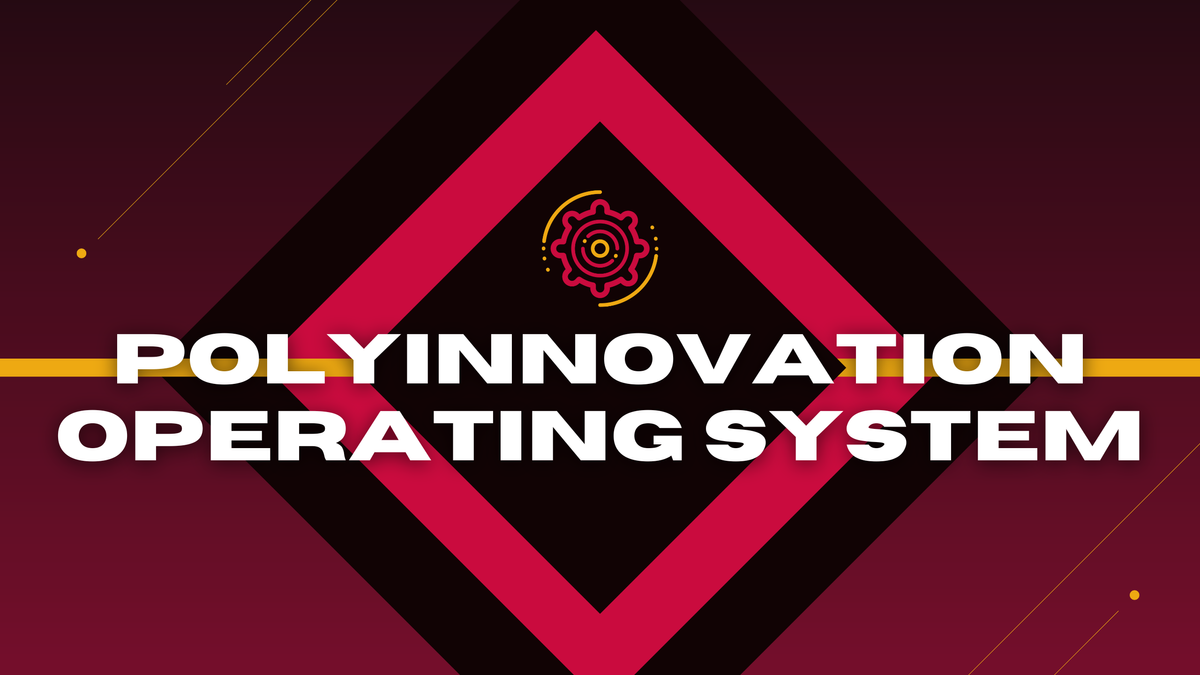
#PIOS #supersystem #LifeOS #SecondBrain #SystemsThinking #GTD
![Official Website for Dustin Miller PolyInnovator [LLC]](https://polyinnovator.space/content/images/2025/03/polyinnovator-logo-2024.png)
